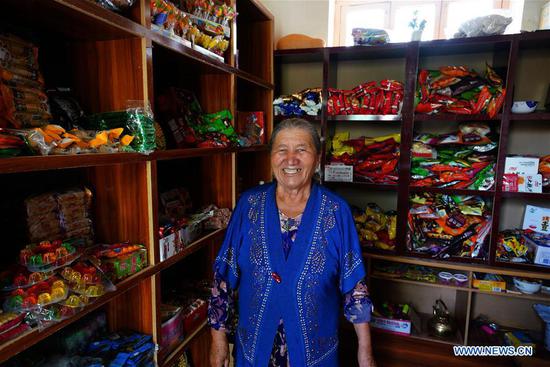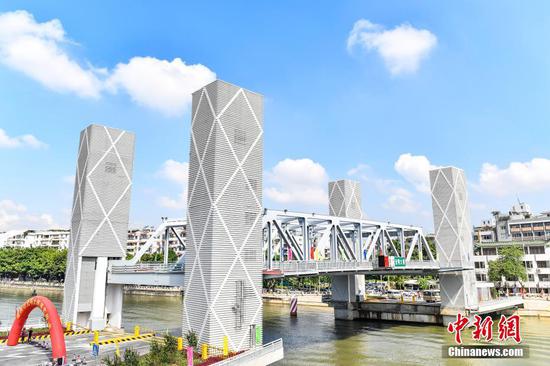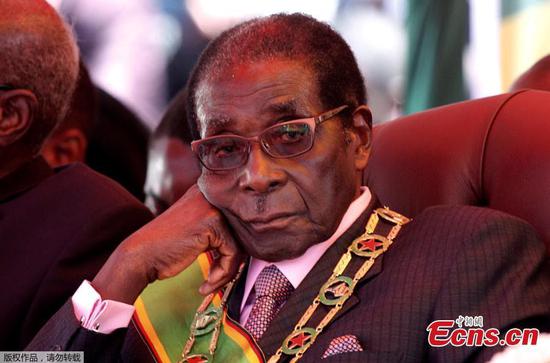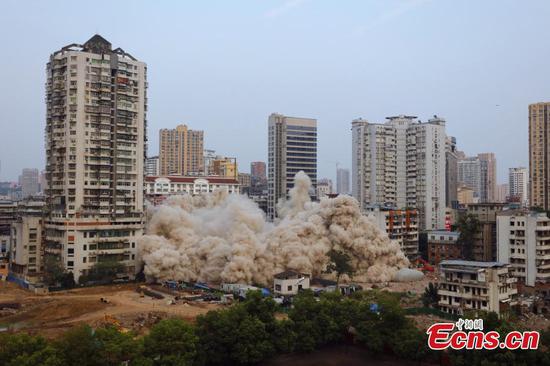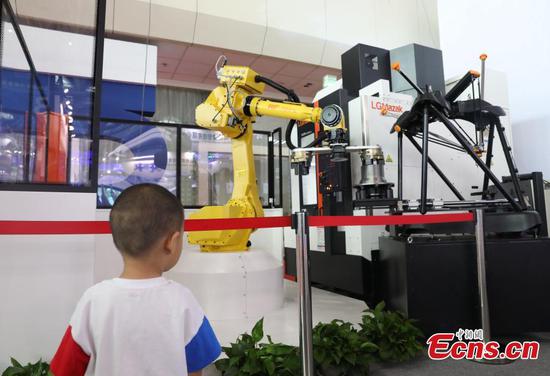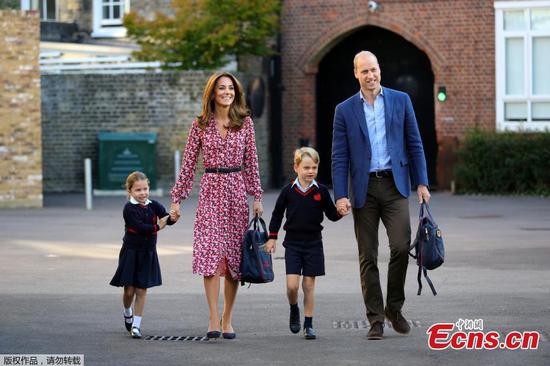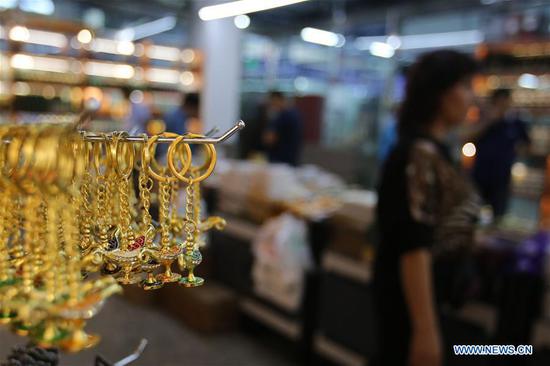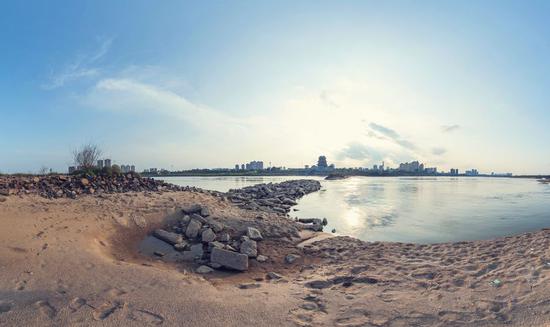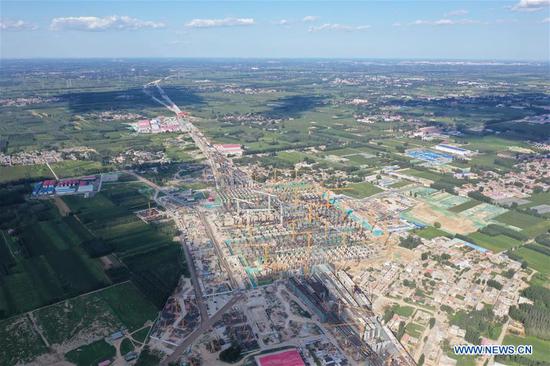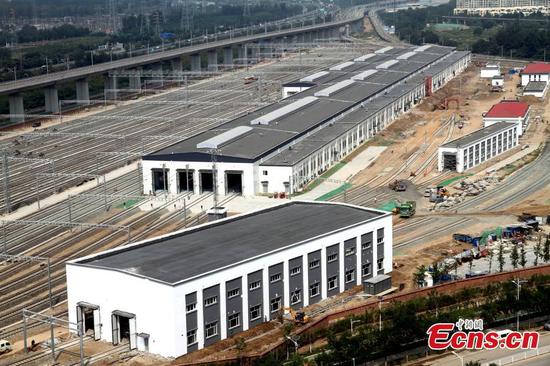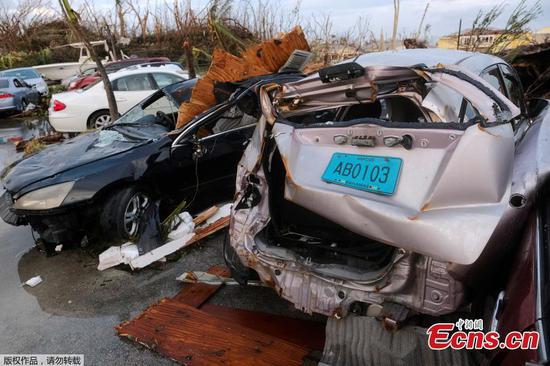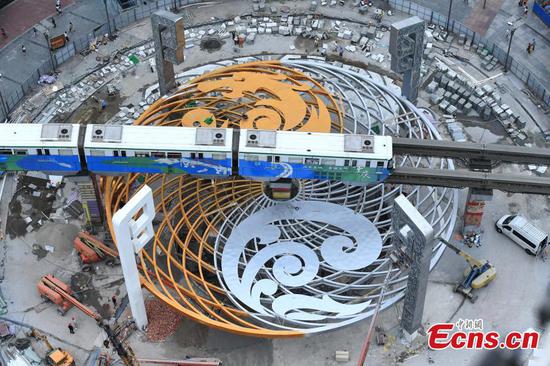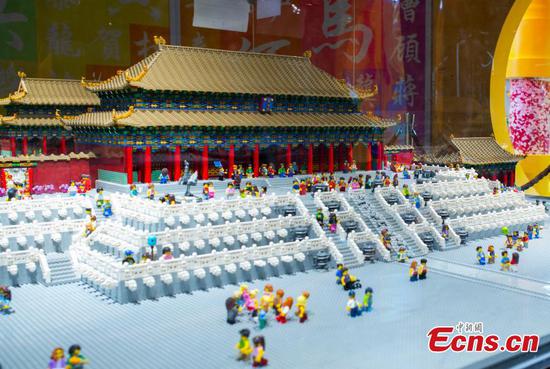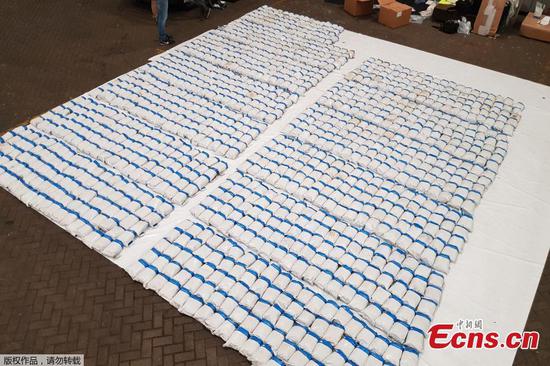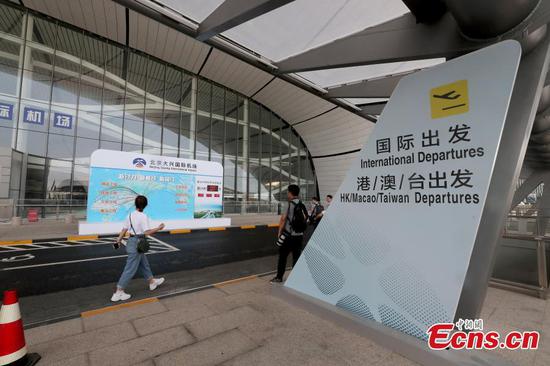Kwong loves the pure adrenaline rush he gets when he takes his motorcycle out on the weekends to light up his lackluster life.
The 35-year-old lives with his parents in an old and cramped apartment in the New Territories of Hong Kong. He has a girlfriend but is hesitant to get married and start a family.
"The rent is so high, and there is no way I can afford an apartment," said Kwong, who earns 15,000 HK dollars ($1,950) a month. Renting a 30-square meter one-bedroom apartment would cost him about two-thirds of his salary.
"Future? I don't think much about it, just passing each day as it is," he said.
Kwong's words reflect the grievances among many people in Hong Kong, particularly the young. Many vented their discontent in prolonged streets protests that have rocked Hong Kong since June.
The demonstrations, which started over two planned amendments to Hong Kong's ordinances concerning fugitive offenders, widened and turned violent over the past months.
"After more than two months of social unrest, it is obvious to many that discontentment extends far beyond the bill," said Carrie Lam, chief executive of the Hong Kong Special Administrative Region (HKSAR), referring to the now-withdrawn amendments.
To Lam, the discontent covers political, economic and social issues, including the often-mentioned problems relating to housing and land supply, income distribution, social justice and mobility and opportunities, for the public to be fully engaged in the HKSAR government's decision-making.
"We can discuss all these issues in our new dialogue platform," she said.
UNAFFORDABLE HOUSES
For nine straight years, housing in Hong Kong has been ranked as the least affordable in the world. Homes in the city got further out of reach for most residents, according to Demographia, an urban planning policy consultancy. The city's median property price climbed to 7.16 million HK dollars in 2019, or 20.9 times the median household income in 2018, up from 19.4 times from a year earlier.
In the latest case of house transaction, an apartment of 353 square feet (about 33 square meters) at Mong Kok in central Kowloon was sold at 5.2 million HK dollars in September, according to the registered data from Centaline Property Agency Limited.
For those fortunate enough to have bought an apartment, many have to spend a large part of their monthly income on a mortgage. For those who have not bought any property yet, it is common to spend more than 10,000 HK dollars in rent, while saving every penny up for a multi-million HK dollar down payment.
From 2004 to 2018, the property price increased by 4.4 fold, while income stagnated, statistics show. From 2008 to 2017, average real wage growth in Hong Kong was merely 0.1 percent, according to a global wage report by the International Labor Organization. Homeownership dropped from 53 percent to 48.9 percent from 2003 to 2018.
Efforts of the HKSAR government to increase land supply to stem home prices from soaring also went futile amid endless quarrels. Of Hong Kong's total 1,100 square kilometers of land area, only 24.3 percent has been developed, with land for residential use accounting for a mere 6.9 percent, according to data from the HKSAR government.
Social worker Jack Wong, 29, lives in an apartment bought by his parents. "I'm lucky. Most of my friends still have to share apartments with their parents. My cousin has been married for seven years, but he is still saving for his down payment, so he has to live at his parents' house," he said.
"The older generation changed from having nothing to having something. We, the younger generation, thought we had something, but it turns out we have nothing," he said.









